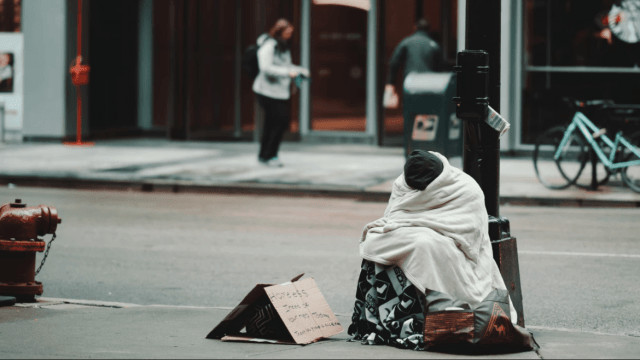Victims of human trafficking are testifying against their traffickers in court in Britain, but many of them are ending up homeless due to the lack of support services. Some even return to their traffickers just to keep a roof over their heads. Campaigners say too many people are falling through the cracks, and the government must reform its support system for trafficking victims.
The Guardian explains:
“We know that once they have been formally identified as victims of slavery, most victims are not given a secure immigration status or right to remain and so find themselves almost instantly destitute and without anywhere to live,” said Kate Roberts of the Human Trafficking Foundation.
“Anecdotally, we know that some victims who have done everything they have been asked to by the authorities are actively re-entering exploitation just to get a roof over their heads. Others who have helped secure the prosecution of their traffickers are finding themselves on the streets,” said Roberts.
Hope for Justice, a non-profit that provides pro bono legal support to victims of slavery, said that in 2015, 70% of their clients faced homelessness and reported problems accessing welfare support. When these victims fall through the cracks, it makes prosecuting their trafficker all the more difficult.
“If someone disappears or is homeless and potentially re-trafficked, we have not only failed in a basic moral duty, we have also lost them as a potential prosecution witness,” said Phillipa Roberts, legal director at Hope for Justice.
Last year a report by the House of Commons work and pensions committee said there was an “inexcusable” lack of support for the UK’s 13,000 victims of modern slavery. That committee recommended that victims be given a year to remain in the UK and access to social services to help them get back on their feet.
Currently, the UK’s National Referral Mechanism (NRM) assesses if an individual is a victim of trafficking, but only gives one 45 days to stay in the country during the process. If they are confirmed as a victim, the 45 days right to remain is extended a mere two weeks.
Still, advocates on the ground say this isn’t enough. “Obviously we welcome any extension but, while this is some help, it is still not sufficient to ensure that victims are not falling off a cliff-edge at the end of this period,” said Roberts.







Freedom United is interested in hearing from our community and welcomes relevant, informed comments, advice, and insights that advance the conversation around our campaigns and advocacy. We value inclusivity and respect within our community. To be approved, your comments should be civil.